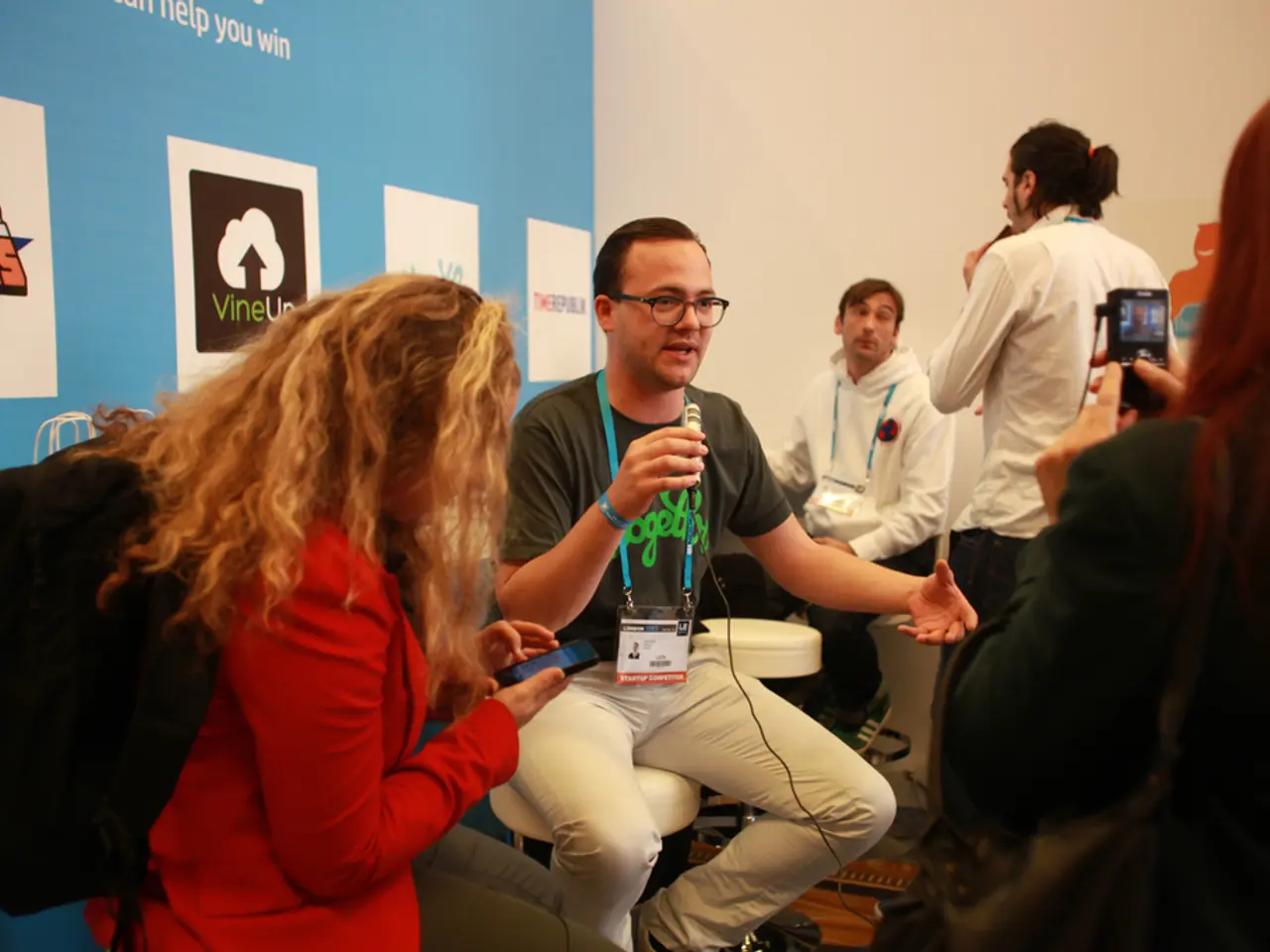Hiring Procedures at Edifecs Unveiled
Edifecs Software Development Interviews: A Comprehensive Overview
Edifecs, a leading player in the healthcare technology sector, seeks talented software developers to join their team. The recruitment process at Edifecs is designed to assess a candidate's programming skills, design abilities, and domain knowledge related to healthcare IT and EDI systems.
Eligibility Criteria
To be considered for a software development role at Edifecs, applicants typically need a Bachelor’s degree in Computer Science, Information Systems, Engineering, or related fields. Candidates should also have at least 3 years of hands-on Java coding experience, including working knowledge of Java technologies like Spring, Spring Boot, Spring Cloud, and JPA.
Familiarity with Edifecs software modules, such as EDIFECS Translator and Claims Management, and EDI standards like 837, 835, 277, and 278 is highly desirable. Knowledge of microservices architecture, relational databases, and JavaScript frameworks like Angular is a plus.
Interview Process
The interview process at Edifecs typically involves four rounds:
- Round 1: Coding and Data Structures — Candidates are expected to solve problems involving data structures and algorithms, often through online code-sharing platforms.
- Round 2: Advanced Coding or Domain-Specific Programming — This round may focus on Java technologies and healthcare EDI standards, testing the candidate's ability to write clean, test-driven code.
- Round 3: System Design — This round assesses the candidate’s capability to design scalable, maintainable components. Candidates might be asked to design healthcare transaction processing systems or integration flows relevant to Edifecs usage.
- Round 4: Behavioral & Team Fit — This round involves a discussion about previous experience, collaboration skills, and problem-solving approaches.
Common Programming Questions
The coding round at Edifecs includes questions on data structures and algorithms, system design, and Java-specific topics. Candidates may also encounter questions related to message queue technologies, domain-specific questions about EDI transactions, and how to configure Edifecs solutions for specialized roles.
Applying for Edifecs
Interested candidates can apply for positions at Edifecs by visiting their LinkedIn page or career page. The recruitment process at Edifecs includes an online assessment, a coding round, and an HR interview. Preparation resources for Edifecs programming questions can be found in the SDE Sheet.
In summary, Edifecs’ software development interviews emphasize strong Java programming skills, understanding of healthcare EDI standards, and system design capabilities. The eligibility criteria centre on relevant education, experience in Java and EDI tools, and knowledge of microservices architecture.
- To excel in the coding interview at Edifecs, it's crucial to have a deep understanding of algorithms and data structures, particularly binary trees and maintaine a solid grasp of Java.
- An ideal software development candidate at Edifecs should possess a good knowledge of technology-related education and self-development, including a familiarity with trie data structures.
- During the system design round of the Edifecs interview process, candidates might be asked to design dynamic systems using data structures like trie, and demonstrate their career development in the field of technology.
- In addition to their coding skills, candidates seeking software development positions at Edifecs should be committedlifelong learners, constantly honing their skills and growing their knowledge in various areas of technology, ensuring they keep up with modern trends in education-and-self-development and career-development.




